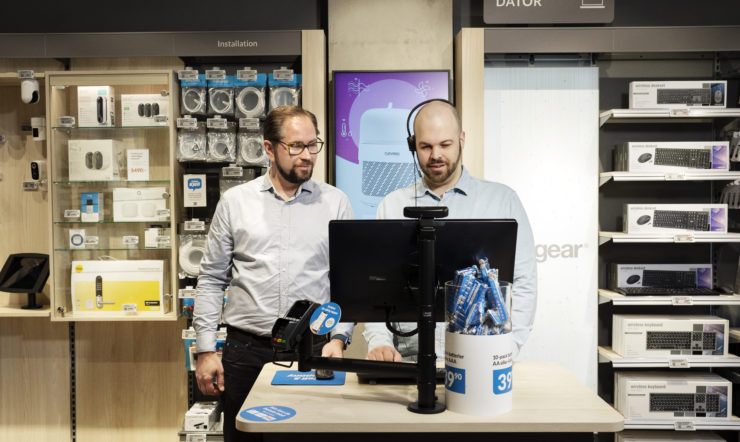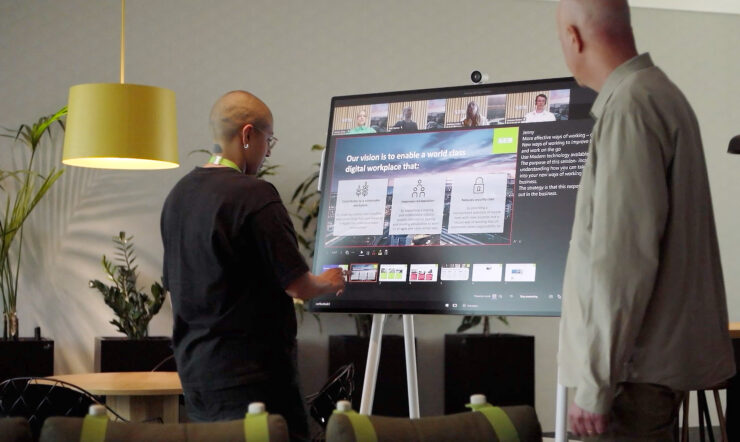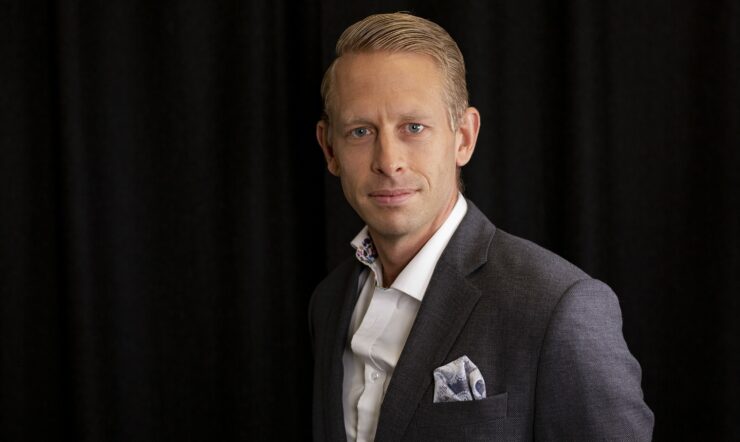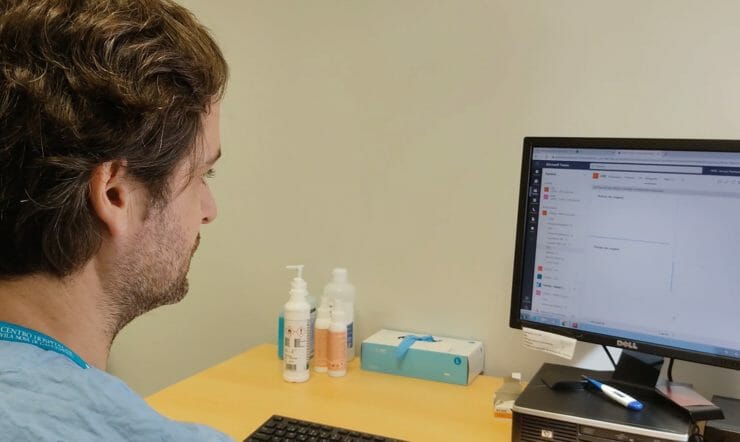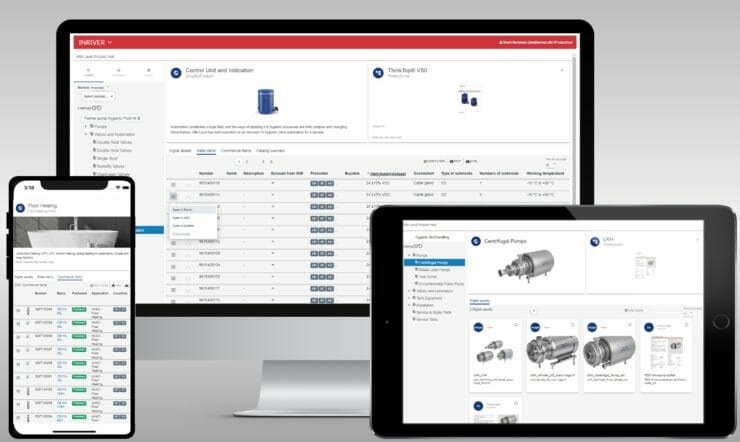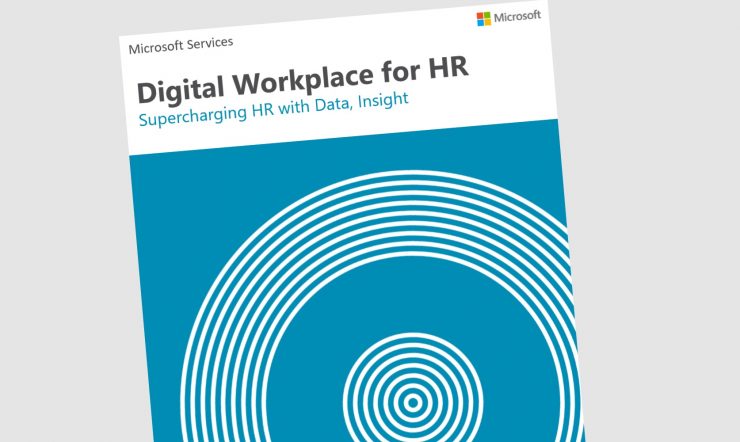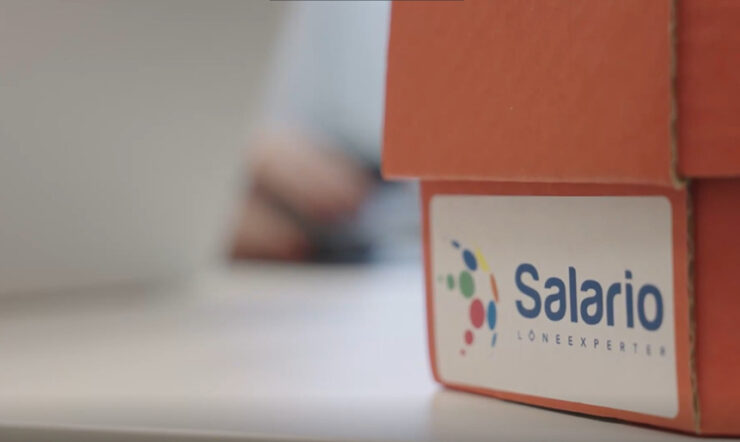Two years ago, AFRY set out with a vision to create the world’s most optimized cloud platform in Azure. Today, AFRY saves up to several weeks of time and can measure its carbon emissions down to the service level without higher costs.
How do you scale a global IT platform without the cost and climate impact spiraling out of control? The answer for AFRY, an engineering and design company with 18,000 employees in over 50 countries, was a strategic investment in Microsoft Azure.
As a leading industry, energy, and infrastructure player, the company sees digitalization and the green transition as inseparable.
“We have a mission to accelerate the transition to a sustainable society,” says Sara Lindstrand, AFRY’s Director of Sustainability.
“The World’s Most Optimized Platform”
To succeed, AFRY set a clear vision for its cloud platform.
“We aimed to build the world’s most optimized platform. We started measuring carbon emissions and costs down to the service level. We developed a strategy focused on continuously optimizing and retiring unnecessary services,” says Victor Lysell, Director of IT Architecture & Platform.
AFRY has been using Azure for several years, but the company has only recently adopted a more structured approach.
“We started by looking at our development platform, which we’ve always strived to keep efficient and modern. We then expanded that mindset across the organization,” says Lysell.
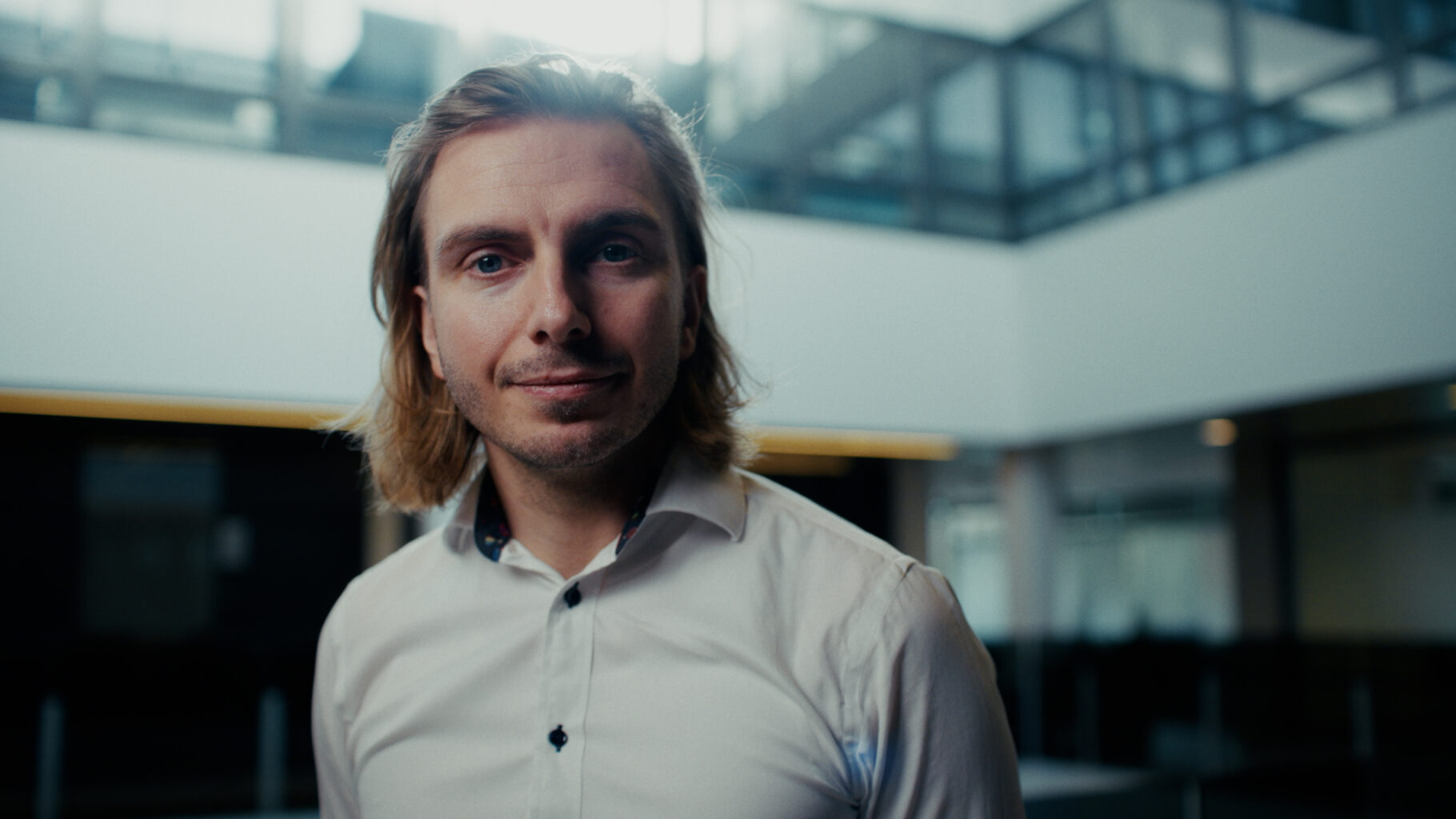
Lower Emissions and Greater Cost Efficiency
The result has been both reduced carbon emissions and significant cost savings.
“It’s about doing things right from the start. We need a sustainable platform to deliver sustainable solutions to our customers and colleagues,” he says, and continues,
“The math is simple. The more technical resources used in a cloud platform, the more expensive and environmentally impactful it becomes. Cost-efficiency and sustainability go hand in hand, and only using resources when needed contributes to our success.”
Sara Lindstrand sees AFRY’s IT department as taking essential steps toward AFRY’s overarching climate target of halving its CO₂ emissions by 2030.
“IT has been a forerunner in integrating climate into the areas they manage. The work provides valuable insights that help us make informed decisions in our client projects,” she says.
Azure Enables Flexibility and Scalability
Peter Wallberg, cloud architect at AFRY, develops the technical aspects of AFRY’s cloud platform in Microsoft Azure. He sees flexibility as one of Azure’s most significant advantages.
“We need a solution that can scale and adapt to our needs. Azure enables us to grow without costs spiraling,” says Wallberg.
Today, AFRY runs internal systems and customer projects in Azure.
“We have everything from development and test environments to full production environments,” Wallberg says.
The company is also developing commercial solutions in which Azure plays a central role.
“We sell products through the Azure Marketplace. Much of our AI investment is also tied to Azure,” says Lysell.
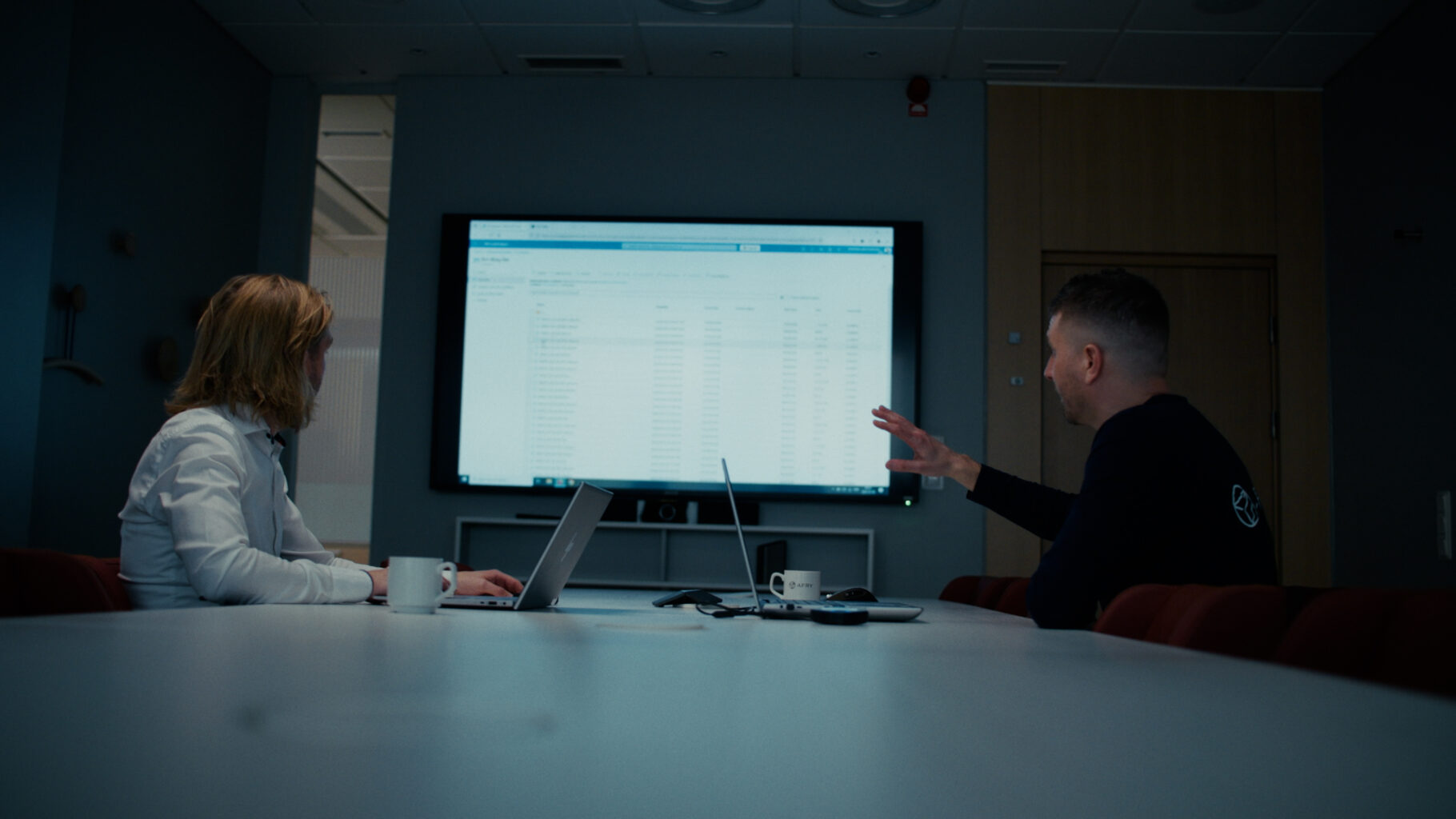
Cloud-First Evaluation
Currently, about half of AFRY’s IT infrastructure is cloud-based. However, the company follows a clear cloud-first strategy, meaning it evaluates cloud solutions before anything else.
“We always consider using cloud solutions first unless there are legal or customer-specific reasons to do otherwise,” says Lysell.
Two years have passed since AFRY set its vision to create the world’s most optimized cloud platform. The benefits are already apparent.
“We managed to grow 20–30% in Azure without costs increasing. At one point, we even reduced them,” says Lysell.
Accurate Climate Data Creates Business Value
AFRY now measures carbon emissions at the service level in Azure to get better insight into its IT environment’s climate performance.
“If we are working on an integration or a storage solution, we can technically see its climate impact,” says Lysell.
The ability to assess precise climate data is becoming increasingly important in customer relationships.
“In our client pre-qualifications, we hear growing demands to demonstrate how we work with sustainability, and this is where our carbon footprint and proven emission reductions are crucial,” says Lindstrand.
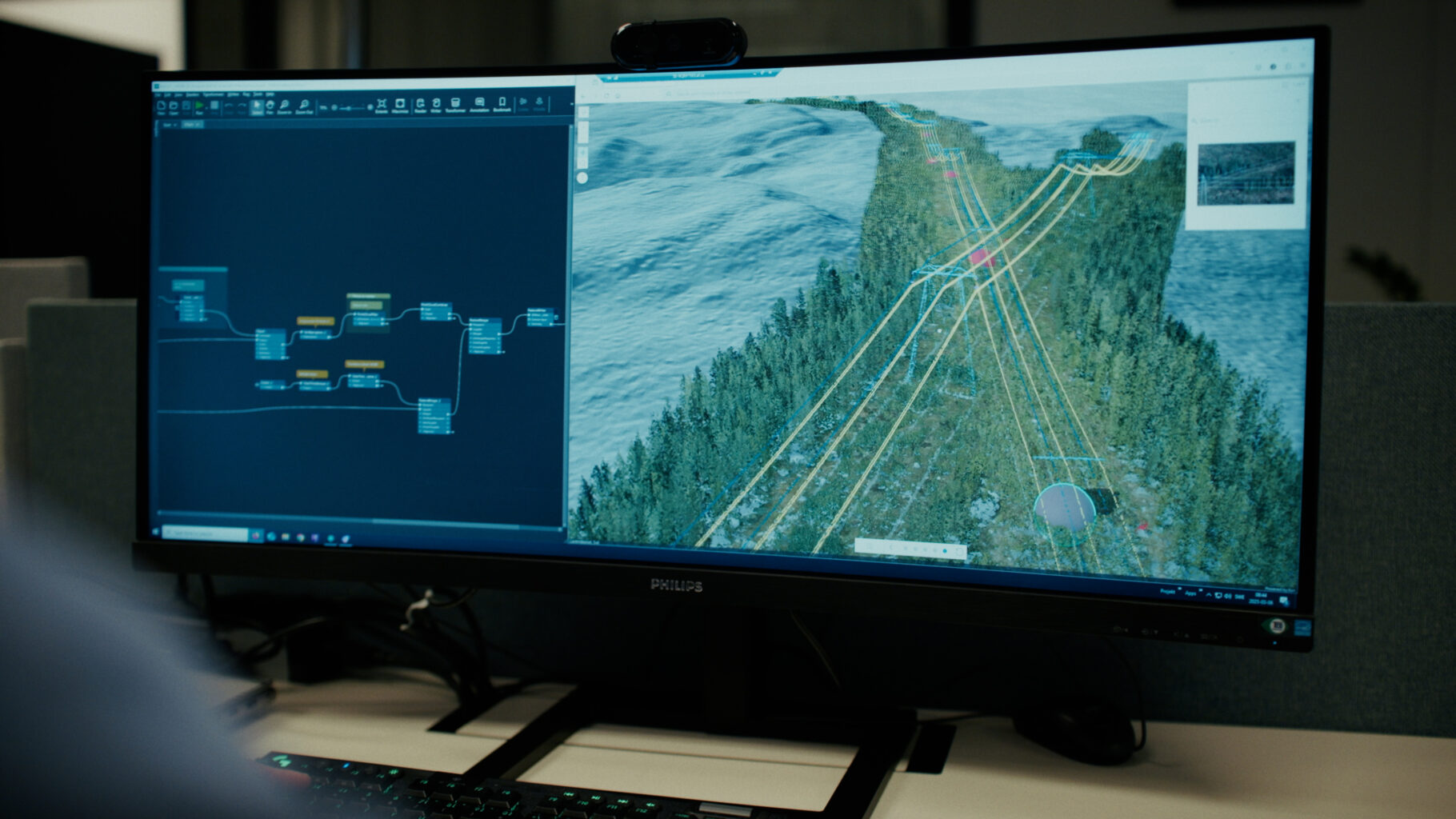
Faster Implementation with Azure
The time savings enabled by the new cloud platform are also substantial.
“Setting up a new system in Azure now takes hours instead of the days or weeks it used to,” says Wallberg.
The gains are already significant, but Lysell sees continued potential for improvement.
“The future is about further optimization—better analysis, more gamification of CO₂ data, and getting everyone to understand their climate impact,” he says.
“Our Expertise and Digital Business Are Our Business”
Sara Lindstrand emphasizes how AFRY’s digital strategy supports its business development and sustainability goals.
“We don’t have factories or physical products. Our expertise and digital environments are our business. Our work with the cloud platform is a clear example of how sustainability efforts create business value,” she says.
Lysell also offers advice to other organizations on similar digital transformation journeys.
“Don’t overcomplicate things. Do the fundamentals right and automate as much as possible. That will take you far,” he says.











